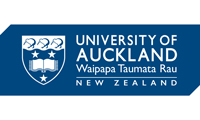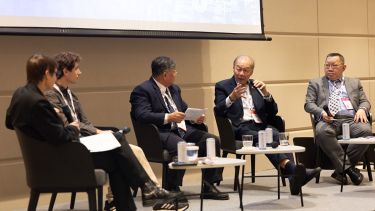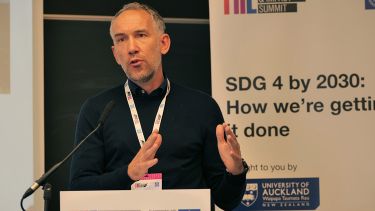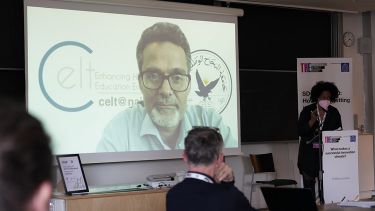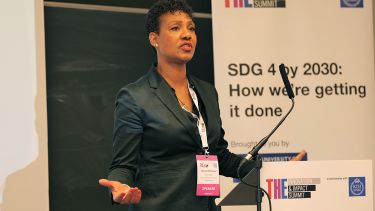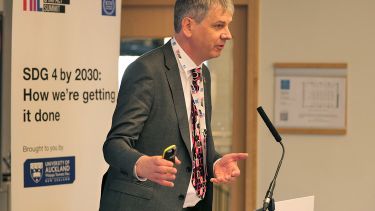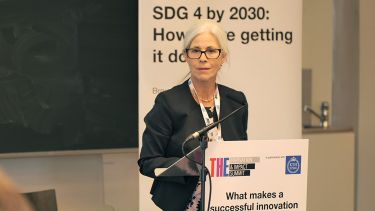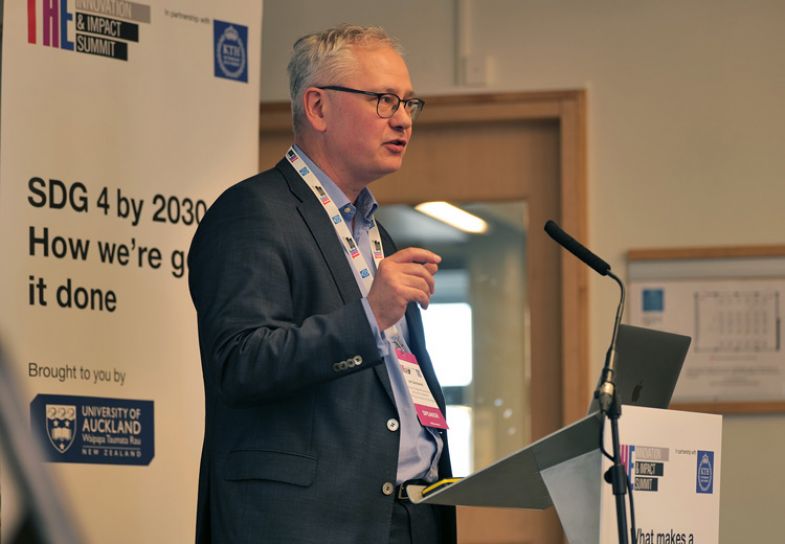
Facing unprecedented disruption, universities must evolve in order to stay relevant, prioritising democratisation of access, partnering with industry and boosting inclusion
It’s a time of major change. The world needs higher education more than ever, but at the same time, universities are being challenged by both internal and external stakeholders regarding what their role should be – now and in the future.
During the final session at the University of Auckland’s pre-summit event at Times Higher Education’s 2022 Impact and Innovation Summit, the panel spoke about the disruption affecting the higher education space. The panel comprised Lars Geschwind, professor in engineering education policy and management at KTH Royal Institute of Technology, Sam Barratt, chief of the youth, education and advocacy unit of the UN Environment Programme, and Dawn Freshwater, vice-chancellor of the University of Auckland.
“I think there will be an intense discussion in the future on what a university actually is,” Geschwind said. “What makes a good university, and how can it be measured?”
One way this could be measured is by looking at inclusion and equity – two key aspects of the United Nations’ fourth Sustainable Development Goal, which focuses on quality education. “I think we need to do more in this area,” Geschwind added. “We need to revisit admission systems and student recruitment to make sure we don’t lose out on talent.”
Barratt said there were five areas that had to be prioritised to ensure that universities remained relevant: agility, disruption, risk, network-building and new perspectives.
“Agility is the most important skill set that a student can have because the future is unknown,” Barratt explained. “Disruption is inevitable, so you need to work out how you can evolve with it, rather than be revolved by it. Risk needs to be acknowledged and embraced, rather than avoided. Having access to a network of leaders is also important. Finding like-minded individuals that can help not just what you’re doing but how you’re doing it. And finally, seek new perspectives, whether it’s indigenous knowledge, student voices or people that can make you slightly uncomfortable. This is when you’re challenged on your biases.”
If universities are to keep evolving, it’s also important that they think about their connection to the workplace. “Generational gaps in the workplace can be enormous,” Freshwater admitted. “But this doesn’t just present challenges; it is also replete with potential. The divide can be harnessed to work through the required change within our institutions.”
Universities have a dual mission: they have to be both social enterprises and sustainable businesses. The massification of higher education has not been great for blending this dual mission.
“As Lars asks, what are universities for?” Freshwater noted. “Students want a personalised experience in a collective environment. We don’t want to just build credentials, but also potential and essentials. So, we need a new lens through which to view our partnerships, and we need to prioritise democratisation of access. Universities are about giving people possibility and choice. Perhaps that should be our focus as we look to the future.”
Find out more about the University of Auckland.
